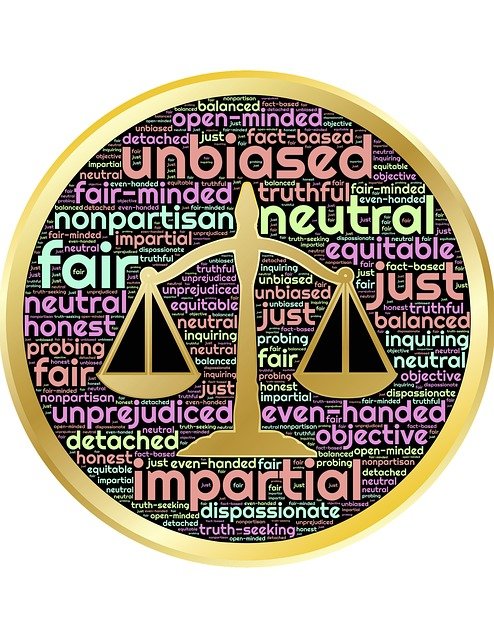
Garnishment usually only happens after you have been sued in a court and a creditor gets a judgment against you. The creditor, once they have the garnishment order, can then force your employer take money directly out of your paycheck to pay the debts and/or have your bank take money directly out of your bank account to pay the debts. After a garnishment has started, it is possible, but not easy, to get it stopped.
The Short Answer is Yes, You Can Stop a Garnishment!
The quickest way to stop a garnishment is to just pay off the debt. However, most people cannot afford to do that, or they would have already done it before the garnishment happened. For most people the most effective way to stop the garnishment is to file bankruptcy. You should know that there are a couple ways to fight a garnishment without filing bankruptcy, but you will still owe the debt and may find yourself having to fight the garnishment multiple times.
File Bankruptcy
Filing a bankruptcy will stop a wage garnishment. Filing a bankruptcy will stop a bank attachment. Filing a bankruptcy puts something called the automatic stay in place which prevents creditors from collecting on their debt – at least for a time. Once your bankruptcy case is filed we notify the creditor and if necessary your payroll department you have filed bankruptcy. This stops the garnishment quickly. The Utah Bankruptcy Guy team will be able to help get your garnishment stopped.
Acting Quickly Can Save You Time and Money
When you have received a garnishment notice, it is important to act quickly to protect your rights (and your money). Contact the team at the Utah Bankruptcy Guy. We can stop your garnishment and get you a fresh financial start today!